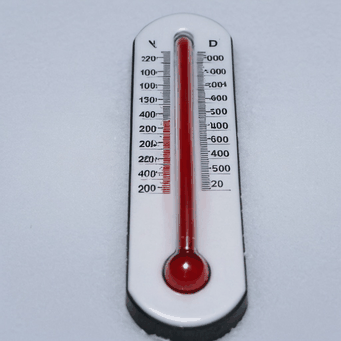Extreme temperature changes

Category: Environmental Severity: Mild
Description
Sudden changes in temperature can sometimes trigger gout attacks, although the exact mechanisms are not fully understood. Cold temperatures may increase uric acid crystallization in the joints, as uric acid is less soluble in colder environments. This could explain why some people experience gout attacks more frequently in colder seasons or when exposed to cold temperatures. Conversely, dehydration associated with hot weather could also contribute to gout attacks by concentrating uric acid in the blood. Additionally, extreme temperatures can lead to changes in behavior, such as decreased physical activity or altered diet, which may indirectly affect gout risk. A study published in the American Journal of Epidemiology found a correlation between temperature changes and the incidence of gout attacks, with a higher risk observed during colder months [1]. Another study in BMC Musculoskeletal Disorders suggested that both hot and cold weather extremes were associated with an increased risk of gout flares [2].